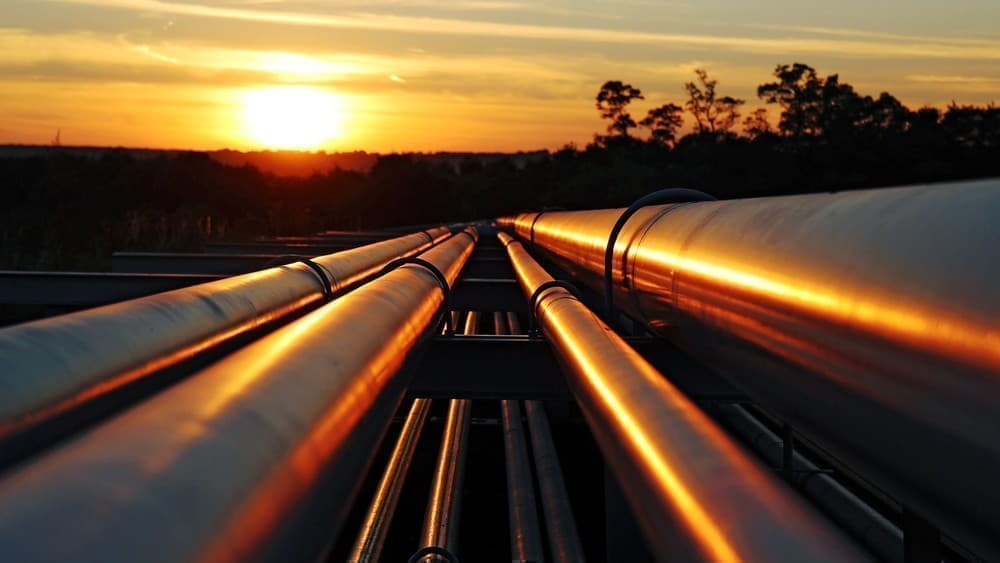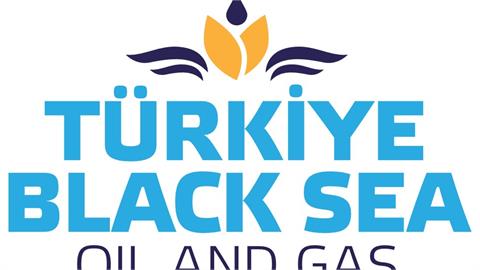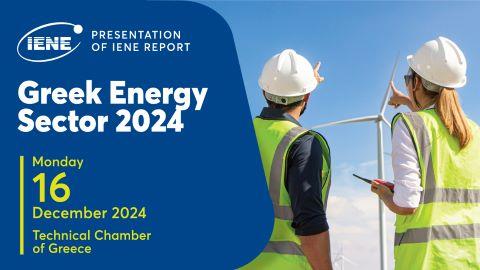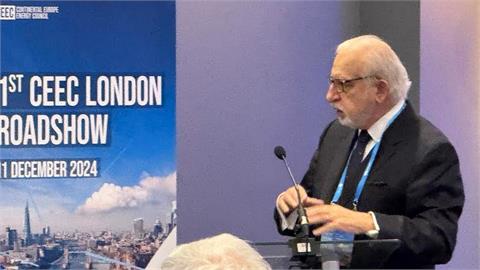In 2023, the EU gas system consolidated the notable changes initiated in 2022 to reduce reliance on Russian supply through increased LNG imports and demand reduction. This supply shift lead to an important reshuffling of gas transit flows within the EU network moving away from the historical East-West transmission corridor. These reshuffled flows continued in 2023 and 2024 so far
In 2023, the EU gas system consolidated the notable changes initiated in 2022 to reduce reliance on Russian supply through increased LNG imports and demand reduction. This supply shift lead to an important reshuffling of gas transit flows within the EU network moving away from the historical East-West transmission corridor. These reshuffled flows continued in 2023 and 2024 so far.
According to the ACER, the gas supply to Europe remained below the range observed before the Russian aggression in Ukraine. A combination of factors played a role and led to wholesale prices decreasing. On the one hand, with consumption substantially lower, storage levels stayed at historic highs. On the other hand, the expansion of the LNG import infrastructure capacity by over 50 billion cubic meters (bcm) in 2023 played a crucial role in facilitating an increase in LNG imports and helped to reduce supply bottlenecks as well as gas network congestions. As a result, not only did European gas wholesale prices decrease, but gas hub’s price convergence improved.
With European countries turning to Algeria for gas supplies amid the disruption caused by the Russian invasion of Ukraine, the North Africa country has become Europe’s second-largest pipeline gas supplier after Norway. The EU and Algeria have maintained a long-standing strategic partnership on energy, aiming for a stable and reliable flow of gas. This now includes several of the SE European EU member states, which have been exploring options to boost energy security and diversify their gas supplies. This has seen governments reach out to Azerbaijan in particular, as well as the construction of new gas pipeline infrastructure.
IENE’s latest Monthly Analysis, which is available here, attempts to shed light on the latest gas developments at European and SE European level, highlighting the challenges that now emerge in the wider region, amid geopolitical risks, as the war in Ukraine and Hamas-Israel conflict are still in progress.
EU’s integrated gas market has proven resilient to the crisis, facilitating the reconfiguration of supply and demand and ensuring that gas flows where it is most needed. A combination of enhanced LNG supply, new gas infrastructure investments (in LNG regasification) and sharply reduced gas consumption has brought a new supply-demand balance equilibrium to EU gas markets, enabling the shift away from (the majority) of Russian gas pipeline supply. However, this equilibrium remains fragile in the short term, with the market navigating within a narrower comfort zone, expected to loosen as global LNG production ambitiously expands. Within this scenario, the persisting higher congestion of 2023 relative to 2021 values, may signal a reduction in market efficiency (i.e. from a societal perspective, a market with occasional congestion may be more efficient if addressing such congestion would cost more than the benefits gained from removing the bottleneck). In the context of a tight gas market with significant local congestion, it is a no-regret measure to address acute bottlenecks.




